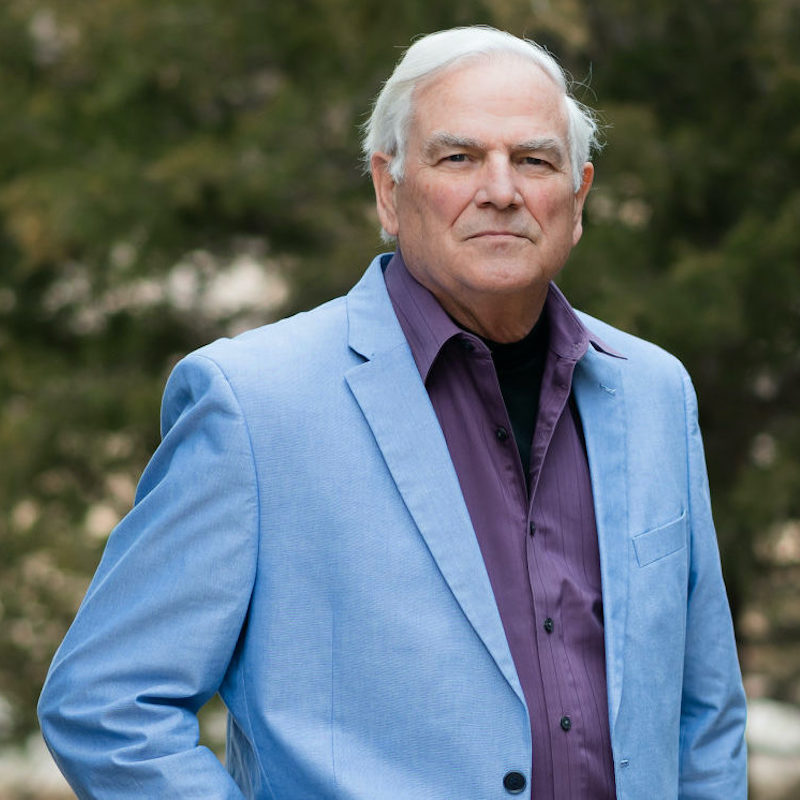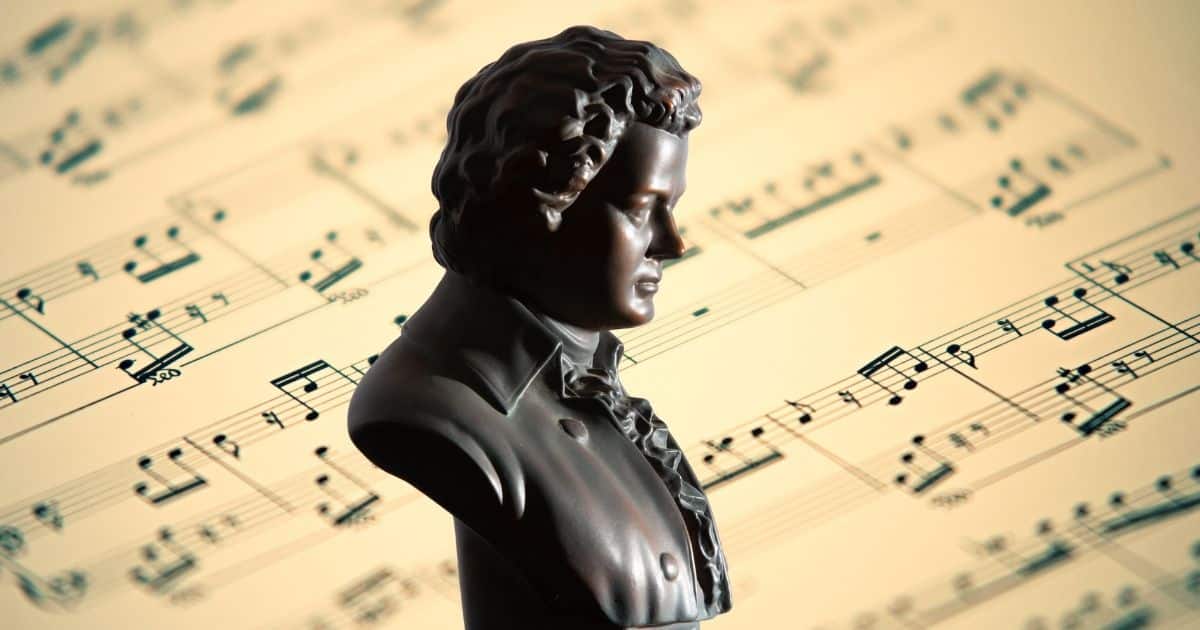Ludwig van Beethoven, the iconic composer, faced the challenge of progressive hearing impairment throughout his life. Despite the complications brought about by his condition, he continued to compose masterpieces that resonated with audiences.
In our previous two-part series, Hearing International explored Beethoven’s life, his frustration with his hearing loss, and the existing speculations regarding the causes of his impairment. Recent research suggests that Beethoven’s hearing loss might have influenced his compositions, specifically regarding the emphasis on high notes.
This article delves into the new insights provided by Saccenti et al. (2011) and explores the relationship between Beethoven’s hearing impairment and his musical style.
Beethoven’s Hearing Impairment: An Overview
Beethoven’s hearing impairment, primarily characterized by a loss of high-pitched sounds, first became evident around the age of 27. By that time, he had already composed numerous acclaimed works across various genres, including symphonies, concertos, piano trios, sonatas, and string quartets. However, Beethoven did not openly acknowledge his deafness until three years later when he expressed his frustration in letters to friends and relatives (Huxtable, 2011). This period marked the beginning of his struggles with communication and comprehension, necessitating alternative means of correspondence.
Exploring the Causes of Beethoven’s Hearing Loss
While the exact cause of Beethoven’s hearing impairment remains unknown, numerous theories have been proposed over the years. Huxtable (2011) highlights various diagnoses put forth by medical experts, including syphilis, otosclerosis, neuronal atrophy, labyrinthitis, and more.
Autopsy findings from the 19th century indicated narrowing of Beethoven’s Eustachian tube and atrophied auditory nerves, confirming the presence of nerve deafness. However, the specific cause remained elusive. Although some suggested vascular insufficiency as a possible factor, it would have resulted in middle ear deafness rather than the high-tone loss observed in Beethoven’s case.
The Influence of Hearing Impairment on Beethoven’s Compositions
Recent research conducted by Saccenti et al. (2011) at the University of Amsterdam suggests a potential correlation between Beethoven’s hearing impairment and changes in his musical style. The study analyzed subsets of his string quartets and examined the use of high notes over different time periods.
The researchers postulated that if a composer relied on auditory feedback, they would be inclined to minimize the use of high notes if they were unable to hear them. The findings revealed a noticeable decrease in the proportion of high-frequency notes as Beethoven’s hearing loss progressed. However, it is important to note that the study’s conclusions are speculative and lack formal hearing testing or autopsy data to confirm the extent or frequencies of Beethoven’s hearing loss.
Interpreting the Research
While Saccenti et al.’s study offers intriguing insights into the potential influence of Beethoven’s hearing impairment on his compositions, it is crucial to approach the findings with caution. Dr. Thomas Balkany, an otologist from the University of Miami, acknowledges the study’s interest but highlights the speculative nature of the conclusions. Balkany points out the absence of formal hearing tests or autopsy records that provide concrete evidence regarding Beethoven’s hearing loss.
Nevertheless, the most remarkable aspect remains Beethoven’s ability to create awe-inspiring music despite his profound hearing impairment.
References:
Huxtable, R., (2011). Beethoven: A life of sound and Silence, Molecular Interventions, Retrieved from the World Wide Web, May 4 2011: http://molinterv.aspetjournals.org/content/1/1/8.full
Mann, D. (2011). Did Beethoven’s hearing loss shape his compositions? Healthy Day News. Retrieved December 27, 2011: http://www.philly.com/philly/health/136014058.html
Saccenti, E.; Smilde, A. & Saris, W. (2011). Beethoven’s deafness and his three styles. BMJ 2011;343:d7589. Retrieved December 27, 2011: http://www.bmj.com/content/343/bmj.d7589
Saccenti, E.; Smilde, A. & Saris, W. (2011). Beethoven’s deafness and his three styles. You Tube Video. Retrieved December 27, 2011: http://www.bmj.com/multimedia/video/2011/12/21/beethovens-deafness-and-his-three-styles
Smith, R. (2011). Beethoven’s hearing loss linkedto lack of high frequency notes in his music: research. The Telegraph. Retrieved December 27, 2011: http://www.telegraph.co.uk/health/healthnews/8967711/Beethovens-hearing-loss-linked-to-lack-of-high-notes-in-his-music-research.html
Traynor, R. (2011). Hearing Beethoven: Part I. Hearing Health and Technology Matters. Hearing International. Retrieved December 27, 2011: https://hearinghealthmatters.org/hearinginternational/2023/hearing-beethoven-part-i/
Traynor, R. (2011). Hearing Beethoven: Part II. Hearing Health and Technology Matters. Hearing International. Retrieved December 27, 2011: https://hearinghealthmatters.org/hearinginternational/2023/hearing-beethoven-part-ii-the-medical-conclusion/
 Robert M. Traynor, Ed.D., is a hearing industry consultant, trainer, professor, conference speaker, practice manager and author. He has decades of experience teaching courses and training clinicians within the field of audiology with specific emphasis in hearing and tinnitus rehabilitation. He serves as Adjunct Faculty in Audiology at the University of Florida, University of Northern Colorado, University of Colorado and The University of Arkansas for Medical Sciences.
Robert M. Traynor, Ed.D., is a hearing industry consultant, trainer, professor, conference speaker, practice manager and author. He has decades of experience teaching courses and training clinicians within the field of audiology with specific emphasis in hearing and tinnitus rehabilitation. He serves as Adjunct Faculty in Audiology at the University of Florida, University of Northern Colorado, University of Colorado and The University of Arkansas for Medical Sciences.
**this piece has been updated for clarity. It originally published on December 27, 2011







